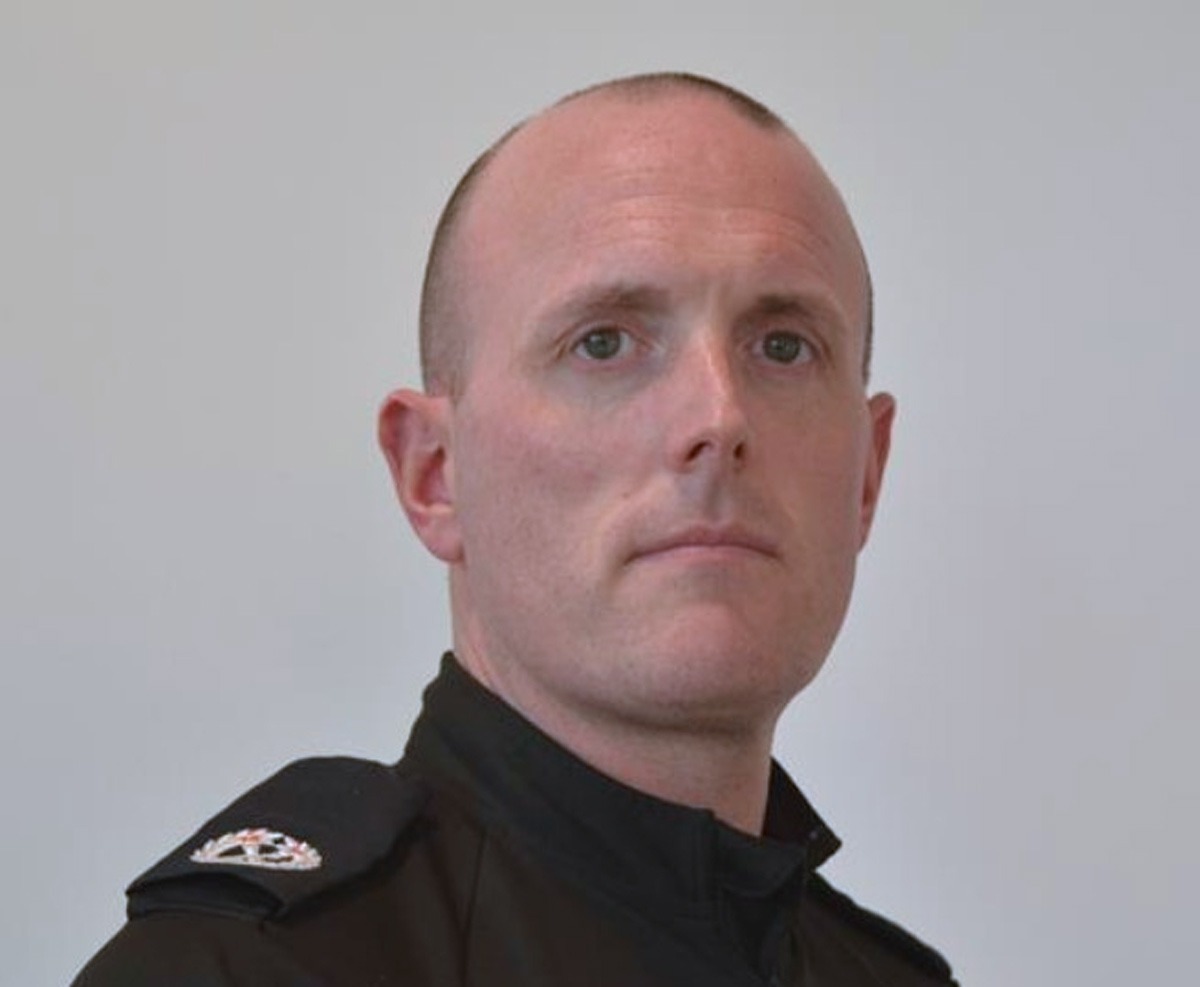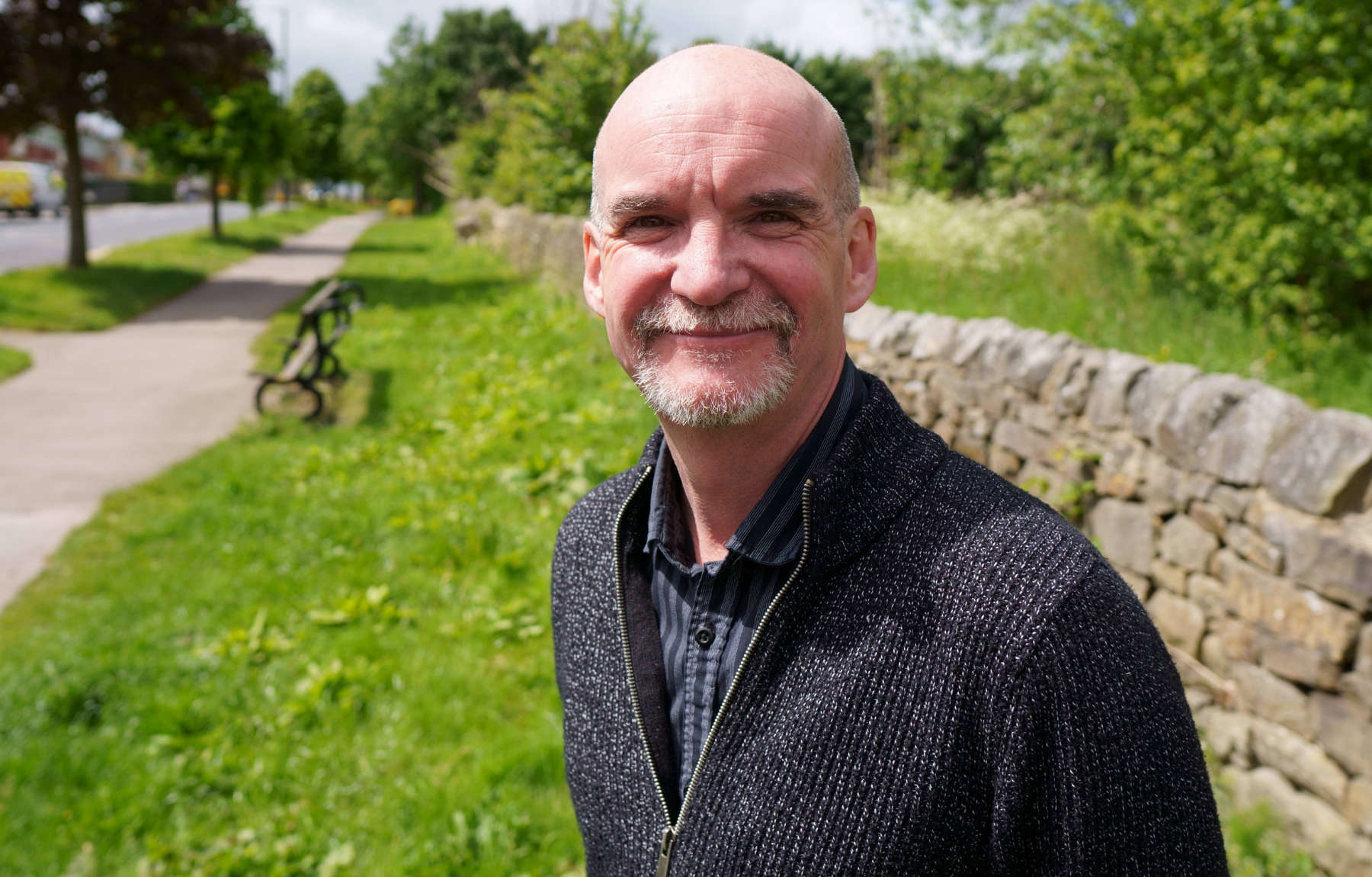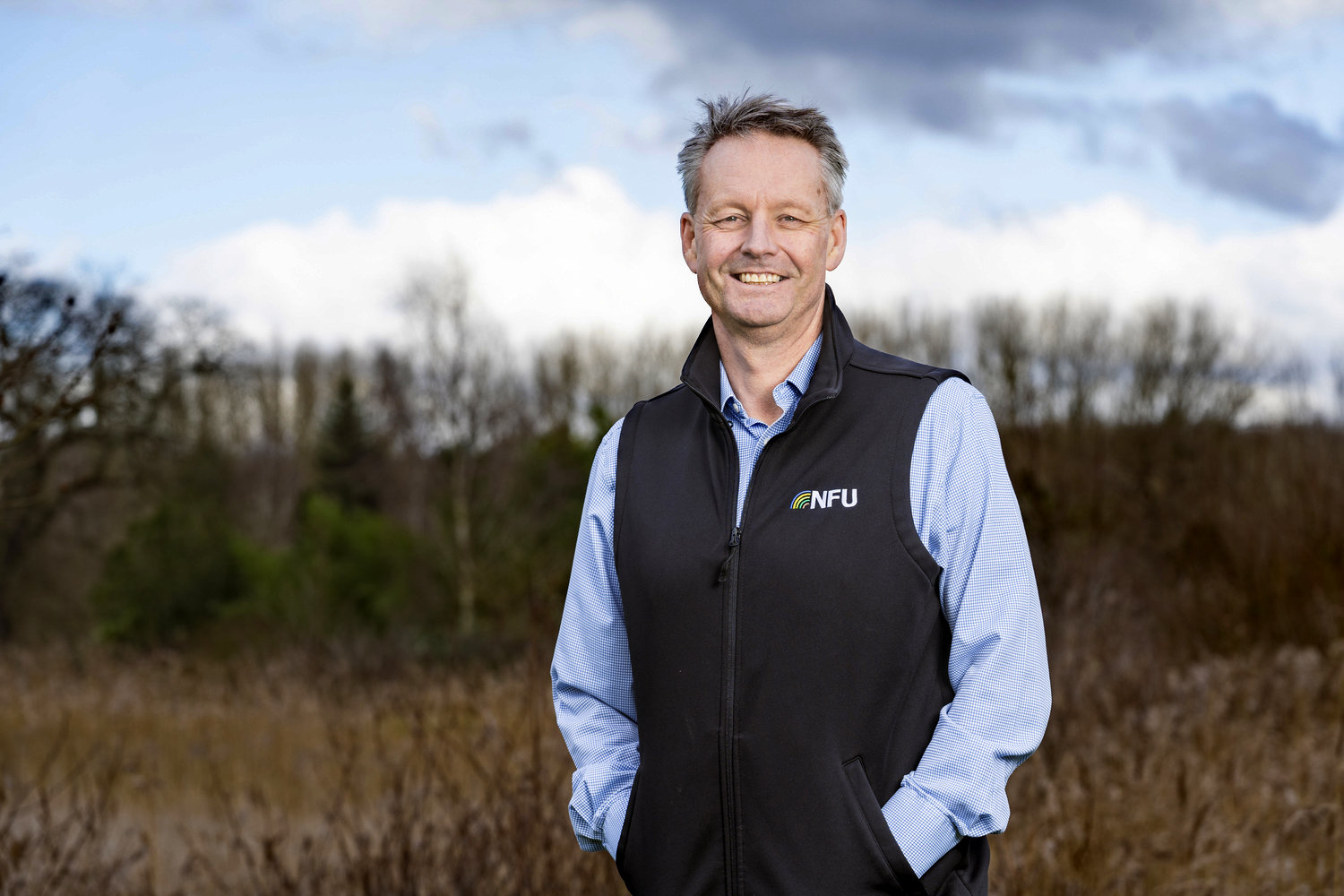‘Right Care, Right Person’ is a model designed to ensure that when there are concerns for a person’s welfare linked to mental health, medical or social care issues, the right person with the right skills, training and experience will respond.
Police are often seen as the emergency service that will always be involved in a situation, but they are often not able to offer the right care.
As an example, if a person walks out of Harrogate Hospital, and the hospital had concerns for their safety, then it would have been placed in the hands of North Yorkshire Police. They would potentially go to their house, often very visibly, potentially creating more stress. An officer then had no specific powers to take that person back to the hospital, they were left to negotiate with them. The change here would require the hospital to try and contact that person directly or through friends.
While it is widely acknowledged that a high percentage of call-outs to the police are mental health related, and non-criminal, this isn’t a change with the aim of reducing those calls to the police. This is a change that should put the right care in place, in the first place.
- This change reduces the support from North Yorkshire Police to those who really require specialist medical or psychological care.
- Under ‘Right Care, Right Person’, our officers will no longer be taking on this responsibility when it is not appropriate to do so.
- Police intervention can have a detrimental effect on vulnerable patients who feel they are being criminalised because of their health or social care issues.
- The care will now be provided by the agency that can best meet the individual’s needs.
Similar schemes have already been successfully adopted by forces in Humberside, Lincolnshire, Hampshire and The Met.
- Phase 1 of the roll-out, from 31 January 2023, will focus on ‘Concern for Welfare’ and ‘Concern for Safety’ reports from Health Care providers.
- Phase 2, covering ‘Concern for Welfare’ and ‘Concern for Safety’ reports from Social Care providers, will get underway on 31 March 2023.
In close collaboration with health and social care partners across North Yorkshire and the City of York, North Yorkshire Police hast rolled-out the new policy from 31 January 2023.
This change does not impact how calls from the police with concern for people are handled.
Threshold for police intervention
The threshold for police intervention will be:
- There is an immediate risk to life or serious harm to an identified person
- Immediate harm – it is obvious to the police that there is a risk to life presently, at this moment or in the immediate future, or has already occurred
- Serious harm – there is a risk of significant harm to the person concerned, this can be physical harm, serious neglect issues, significant mental health symptoms, all of which would amount to the suffering of potential significant injuries or psychological harm
Assistant Chief Constable Mike Walker, Local Policing Lead at North Yorkshire Police, said:
Our commitment to protect the most vulnerable in our communities is not changing and we will still attend where there is an immediate risk to life or a risk of serious harm.
However, when agencies call us about issues which do not meet the threshold for police intervention under the ‘Right Care, Right Person’ model, we will signpost them to the most appropriate service to take primacy.
This puts the individual at the very heart of our decision making and means that a police officer is often not the right person to be providing this care.
In some cases, we may need to deploy alongside medical or mental health workers where those agencies need to take primacy but there is still a risk to those involved.
We realise this will mean some big changes for some of our partners, who have become used to calling us to help in these situations.
That is why we have been working with mental health care providers, NHS representatives, local authorities and the ambulance service to let them know about our plans and give them plenty of time to make changes to the way they work.
A spokesperson for Yorkshire Ambulance Service said:
We are aware of the introduction of the Right Care, Right Person initiative being rolled out by North Yorkshire Police, and a senior manager at the Trust is liaising directly with police colleagues to gain a greater understanding of the implications for the ambulance service, ensuring that patient care and safety remain a priority.
Liz Herring, general manager for adult mental health at Tees, Esk and Wear Valleys NHS Foundation Trust, said:
We aim to offer safe and kind care to anyone in our communities who needs support with their mental health.
We work closely with North Yorkshire Police and, as part of that, we’ve been working with them on Right Care – Right Person for the last 18 months.
We’re happy to see existing safe practices being formalised and that decisions about mental health will continue to be made by fully qualified mental health professionals. We believe this is best for people who need our care and will also support police officers in our area.
We’ll continue to work alongside our partners and make sure the model is offering the right support for people.

ACC Walker said:
We will be making a distinction between calls from the public and those made by partner agencies and statutory bodies.
We know that when members of the public call they may not be able to perform welfare checks themselves.
We will also make a distinction between calls relating to adults and those relating to juveniles, taking into account additional safeguarding responsibilities for vulnerable children.
It is important for us to maintain trust and confidence in the ability of the police to meet their needs and to be sympathetic and engaged with our communities.
There may be instances when the call for service does not meet our threshold for attendance. In these circumstances, where appropriate, we will signpost to other agencies.
How will this work?
- All calls for service expressing ‘Concern for Welfare’ and ‘Concern for Safety’ will be recorded, regardless of it being resourced or not.
- This will ensure that all calls for service are auditable, retrievable and able to be referred to in any future proceedings, reviews or investigations.
- A decision-making toolkit is being used within our Force Control Room to identify the calls for service that:
- Meet the threshold for police attendance under ‘Concern for Welfare’ and ‘Concern for Safety’ incident types and seek to resource these under THRIVE (Threat, Harm, Risk, Investigation, Vulnerability, Engagement) assessment principals
- Meet the threshold for police attendance, but not under ‘Concern for Welfare’ and ‘Concern for Safety’ incident types and police would seek to resource these
- Do not meet the police threshold for attendance and will be marked as non-attendance and closed
- Where police feel unsure and want to conduct further enquiries (police systems checks or liaise with a partner agency) to help us in making a decision
ACC Walker said:
The objective is to ‘get it right first time’ and the purpose of such guidance and specific flow chart process will allow our Force Control Room to determine the specific concerns raised and to ensure that the concern is of a significant gravity to ensure that police officers are acting within their police powers.
It is important to be robust and ensure that we are not missing critical information that would dramatically change our assessment.
As with all our calls for service, the risk assessment model of THRIVE will be applied.
Escalation Process
- Any requests that have been deemed to be a non-attendance will be recorded and we will invite the partner to advise us of any change in circumstance that would alter our position and allow us to review our assessment.
- The caller will be informed that police will not be attending, but if they are in possession of any other information that may warrant a review of that decision, they are to do so without delay.
- In the event of the caller or organisation insisting that police need to attend, the caller will be invited to disclose or allow the disclosure of any other information they feel police should be in possession of. This can be done over the phone or via the force email account.
ACC Walker said:
Our message to our partner agencies is one of co-operation and working in partnership.
It is completely appropriate that the partner agency maintain primacy for their service users in areas of concern that do not meet our threshold for attendance.
However, we are here to assist and will be willing to jointly attend with the practitioner if deemed necessary – this will be subject to a further escalation review.
It will be made clear at the outset to the caller or agency that North Yorkshire Police is ‘assisting’ them, and they currently still hold primacy for this person.
It is intended that this will be a last resort and offered because of a subsequent review, upon request by the caller, where it is made clear that this call for service is not deemed a police matter and does not meet North Yorkshire Police’s ‘Concern for Welfare’ or ‘Concern for Safety’ threshold.









